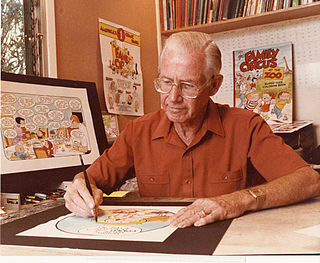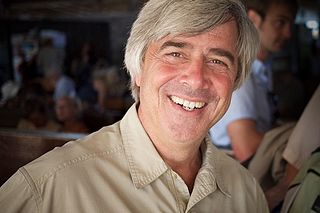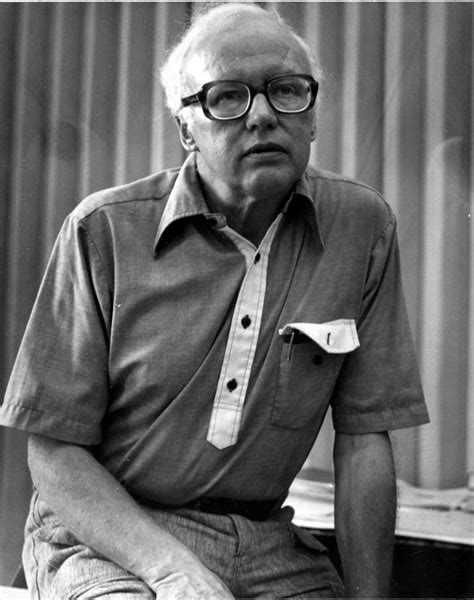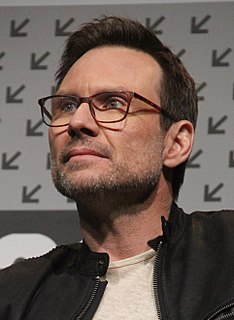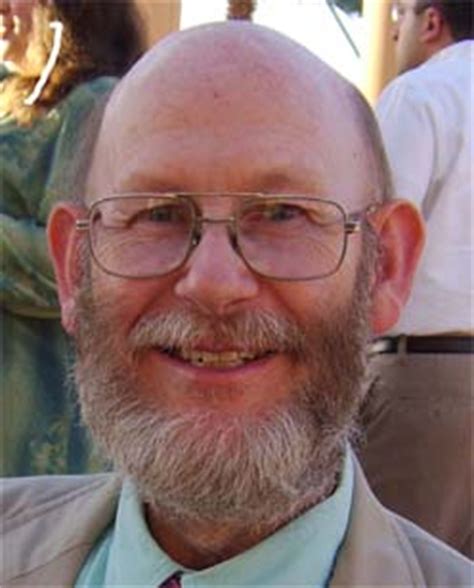A Quote by Philip Kitcher
I suspect that any worthwhile exploration of these deep questions about living requires going beyond abstract discussions to the vivid presentation of possibilities. If readers are to be prompted to serious examination of their lives, anatomy isn't enough. We have to be stimulated to imagine, in some detail, what it would be like to live in particular ways.
Related Quotes
You can imagine over very long timescales, perhaps far beyond the multi-decade time scale, we might be able to ask very deep questions about why we feel the way we feel about things, or why we think of ourselves in certain ways - questions that have been in the realm of psychology and philosophy but have been very difficult to get a firm mechanistic laws-of-physics grasp on.
If you're going to make a lot of films about a particular group of animals, you might as well pick one that's fairly common. And octopus are: they live in all the oceans. They also live deep. And I can't say octopus are responsible for my really strong interest in getting in subs and going deep, but whatever the case, I like that.
This was not some pretty little girl, coyly flirtatious, delicately stimulated. This was the mature female of the species, vivid, handsome and strong demanding that all the life within her be matched. Her instinct would detect any hedging, any dishonesty, any less than complete response to her - and then she would be gone for good.
Just how destructive does a culinary preference have to be before we decide to eat something else? If contributing to the suffering of billions of animals that live miserable lives and (quite often) die in horrific ways isn't motivating, what would be? If being the number one contributor to the most serious threat facing the planet (global warming) isn't enough, what is? And if you are tempted to put off these questions of conscience, to say not now, then when?
There are actually two separate issues here. The first is whether (as ancient philosophers and Nietzsche assume) only the privileged elite can live a worthwhile life. The second is whether it's possible to fulfill the roles of both serious artist and upstanding citizen. It seems to me that philosophy can dissect both questions, by delineating clearly the anatomy of the good life and the structural conditions of the roles.
Well, good science fiction is intelligent. It asks big questions that are on people's minds. It's not impossible. It has some sort of root in the abstract. So automatically you're getting closer to potentially divine sources of interest because it is abstract. It's one of the only ways that a film actor can express himself in the abstract and have audiences still go along for the ride. They don't contend it. They accept it, that they're going to go places that are a bit more of the imagination, a bit more out there, and that's more and more where I like to dance.
Complex organisms cannot be construed as the sum of their genes, nor do genes alone build particular items of anatomy or behavior by themselves. Most genes influence several aspects of anatomy and behavior as they operate through complex interactions with other genes and their products, and with environmental factors both within and outside the developing organism. We fall into a deep error, not just a harmful oversimplification, when we speak of genes "for" particular items of anatomy or behavior.
I'm very much drawn to these stories. This is a huge, great story [in Doctor Strange] about the possibility of living beyond everything, living beyond mortality, living beyond all the immortal confines, living beyond the planet as we know it. It's mind-blowingly no limits, and I think this is going to be something else.


